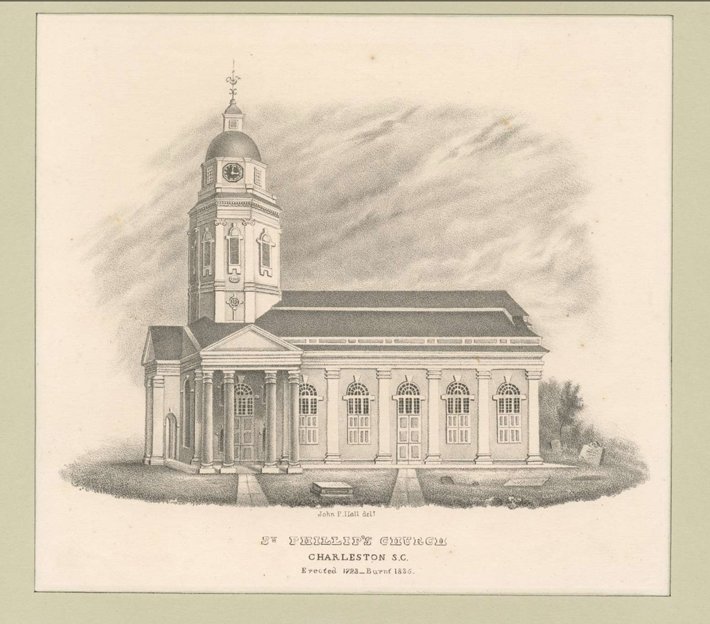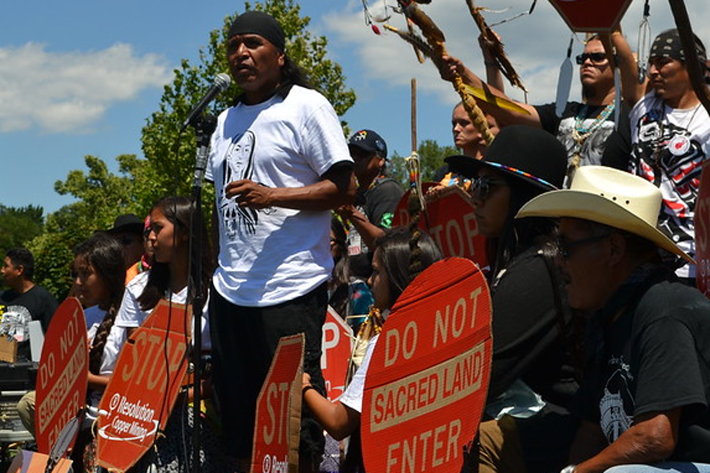It is one of the more remarkable aspects of U.S. history that religious diversity flourished in America long before the 1791 adoption of the First Amendment guaranteed the “free exercise” of religion, speech and peaceful assembly.

Although Protestant Christianity, brought to America by Europeans suffering from religious persecution at home, was the dominant faith in America’s 13 British colonies at the time of the Declaration of Independence in 1776, an astonishing array of other religious groups also existed.
These included Judaism and Catholicism, which arrived with immigrants from Europe, as did Christian denominations ranging from the Puritans, Anglicans and Baptists to Lutherans, Methodists, and Quakers.
But it also included the beliefs of numerous indigenous peoples according to a July 25 History.com article titled “The Surprising Religious Diversity of America’s 13 Colonies,” citing Yale emeritus professor Jon Butler’s 2008 book, New World Faiths: Religion in Colonial America.
The indigenous spiritual viewpoint conceives of the human spirit undergoing four distinct stages in a lifetime, beginning with birth, continuing onto life, moving onward toward death, and then continuing with the afterlife.
Further, Native American culture reveres nature. “The concept is significantly intertwined with their beliefs regarding spirituality, both of which act as vital defining aspects of their understanding and way of life,” as a group of Native American artists expressed in a 2019 article.
“Native Americans operate under the conviction that all objects and elements of the earth—both living and nonliving—have an individual spirit that is part of the greater soul of the universe. This principle adheres to a religion called Animism, which is categorized by the belief in and worship of this overarching spirituality…[T]o Native Americans a growing flower was a gift from the land imbued with a spirit of its own.”
It was such indigenous beliefs that formed the backbone of a vibrant spirituality that pervaded America well before Christopher Columbus sailed across the Atlantic in the 15th century, paving the way for the European “discovery” and colonization of the Americas.
Yet other spiritual beliefs that existed in colonial America were the fruit of the transatlantic slave trade from Africa—a mélange of polytheism, animism and Islamic principles.
When the First Amendment proclaimed that the United States is not supported by a state religion, the idea was “utterly unprecedented in the eighteenth century,” writes Randall Balmer, professor of American Religious History at Columbia University’s Barnard College, in an article on America’s religious diversity.
“The First Amendment provided, in effect, a free marketplace of religion unimpeded by the state, thereby allowing a rich variety of religious groups to flourish.”
There is perhaps no better illustration of religious pluralism and freedom in America than that Thomas Jefferson wrote the Declaration of Independence in 1776 without mentioning the word “Christ.” And the U.S. Constitution, written in 1788 and ratified the following year, went a step further: None of its 4,543 words even include the word “God.”
_______________
From its beginnings, the Church of Scientology has recognized that freedom of religion is a fundamental human right. In a world where conflicts are often traceable to intolerance of others’ religious beliefs and practices, the Church has, for more than 50 years, made the preservation of religious liberty an overriding concern.
The Church publishes this blog to help create a better understanding of the freedom of religion and belief and provide news on religious freedom and issues affecting this freedom around the world.
The Founder of the Scientology religion is L. Ron Hubbard and Mr. David Miscavige is the religion’s ecclesiastical leader.
For more information visit the Scientology website or Scientology Network.


